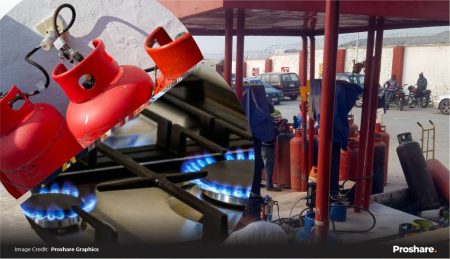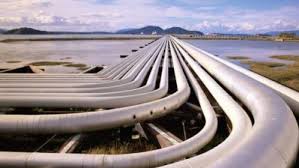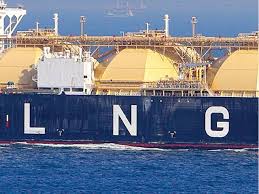
24 January 2017, Dar es Salaam — Tanzania hopes to reach an agreement with international oil companies in 2018 paving the way for the construction of a liquefied natural gas (LNG) plant, part of a bigger plan for a new export terminal, a senior official said on Tuesday.
The planned new infrastructure will enable Tanzania to export some of the huge offshore gas reserves discovered in recent years in a region that has turned into a hydrocarbon exploration hotspot.
BG Group – recently acquired by Royal Dutch Shell , together with Statoil, Exxon Mobil and Ophir Energy, plan to build a $30 billion onshore LNG export terminal in partnership with the state-run Tanzania Petroleum Development Corporation (TPDC).
But a final investment decision has been held up by government delays in finalising issues relating to the acquisition of land at the site and establishing a legal framework for the nascent hydrocarbon industry.
As a first step, the Tanzanian government and oil companies must work out a “host government agreement” setting out terms on which the foreign investors will build and run the project.
“Discussions for a host government agreement started in September 2016 and we expect the negotiations to last for about one and a half years,” Kapuulya Musomba, acting managing director of TPDC, told Reuters in an interview.
“Conclusion of these talks will determine when the international oil companies will actually put in money for construction of the LNG.”
Oil majors are expected to push for government guarantees of stable fiscal, regulatory and commercial terms before they invest, analysts said.
Oystein Michelsen, Statoil’s Tanzania country manager, said in November a final investment decision on the LNG export terminal will not be made for at least five years and possibly much longer.
It would take another five years after that decision to build the plant, he said.
The government has said it is keen to promote the LNG project but has said little about the timeline.
Tanzanian President John Magufuli ordered officials in August to speed up work on the planned LNG plant, saying it had taken too long to start the project.
The government said it has acquired more than 2,000 hectares (5,000 acres) of land for the construction of the planned two-train LNG terminal at Likong’o village in the southern Tanzanian town of Lindi close to large offshore natural gas discoveries.
The country’s central bank believes just starting work on the plant would add another 2 percentage points to annual economic growth of around 7 percent.
Tanzania discovered an additional 2.17 trillion cubic feet of gas deposits in February, according to local media, raising its total estimated recoverable reserves to more than 57 trillion cubic feet.
It already uses some of the gas to generate electricity and to power firms in sectors such as cement manufacture, steel and textile mills and beer brewing.
East Africa has become a focus for hydrocarbon exploration after the discovery of substantial deposits of crude oil in Uganda and major gas reserves in Mozambique.
*Fumbuka Ng’wanakilala; Editing: George Obulutsa & Adrian Croft – Reuters



